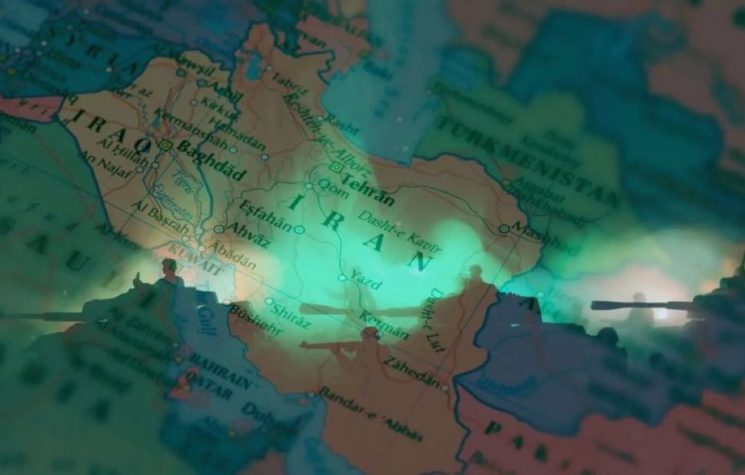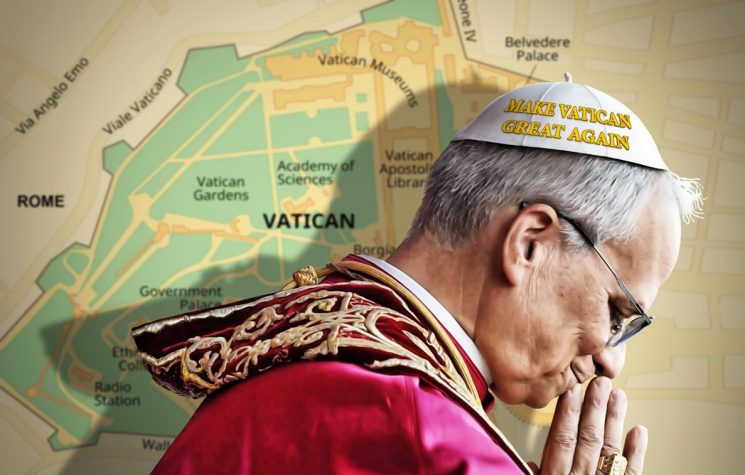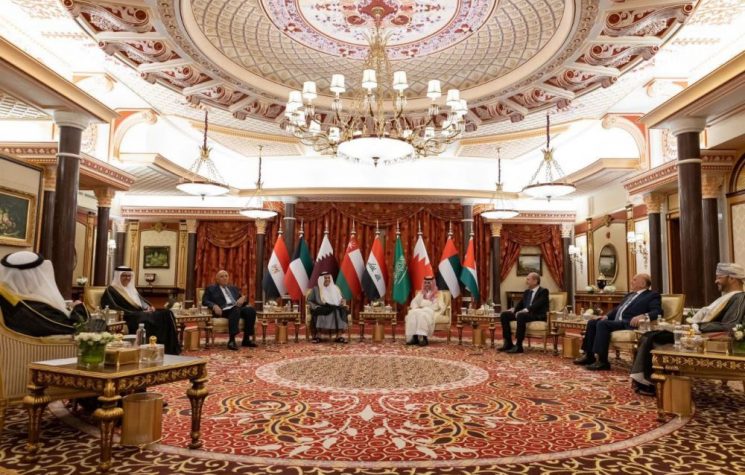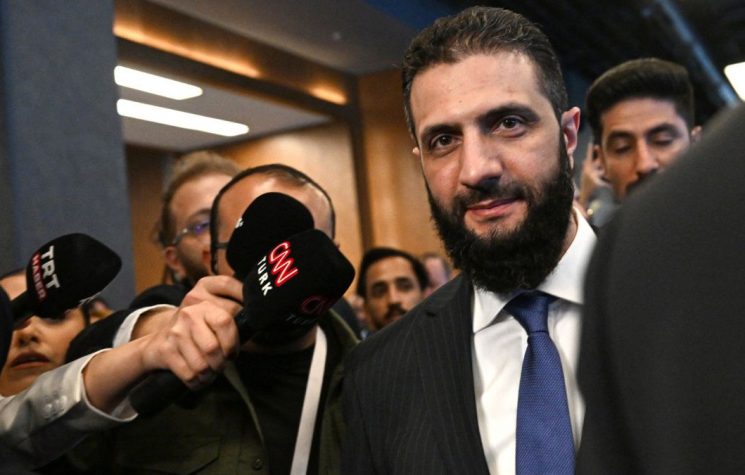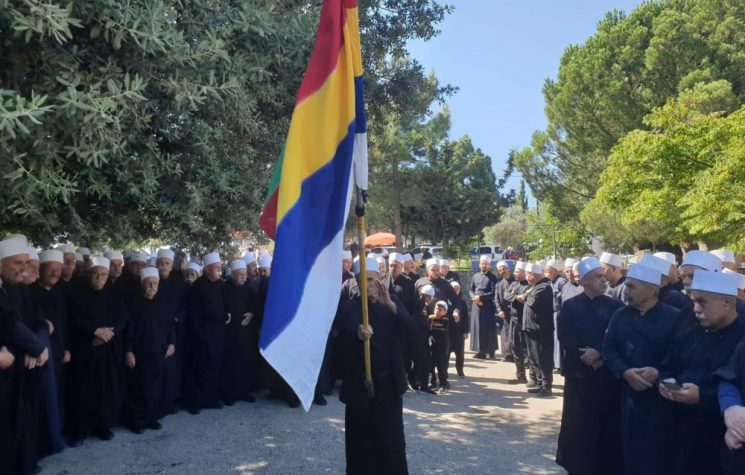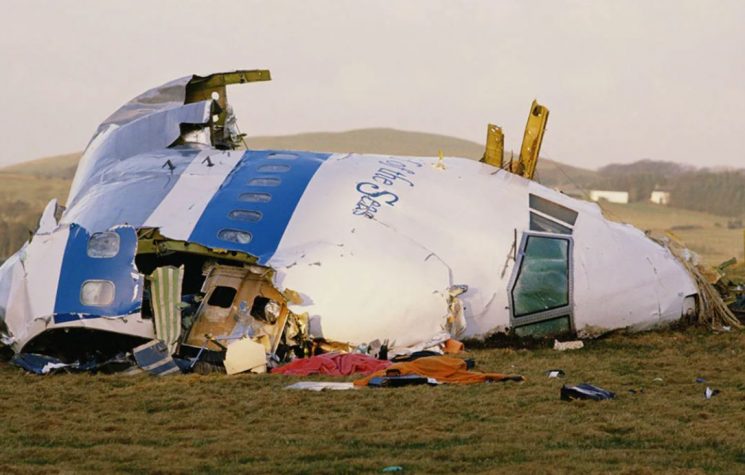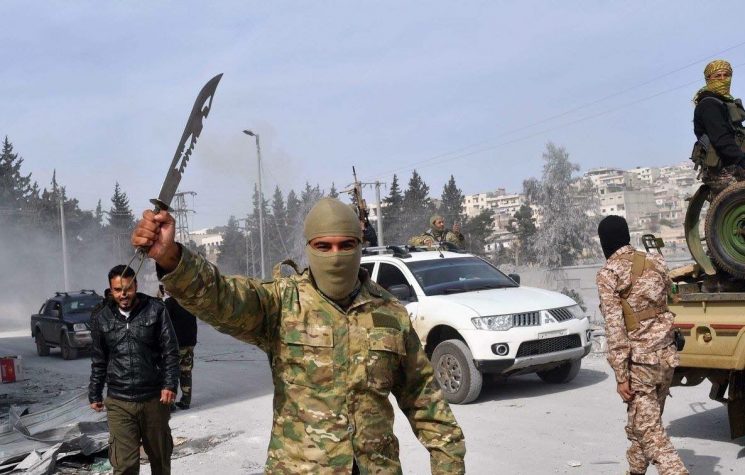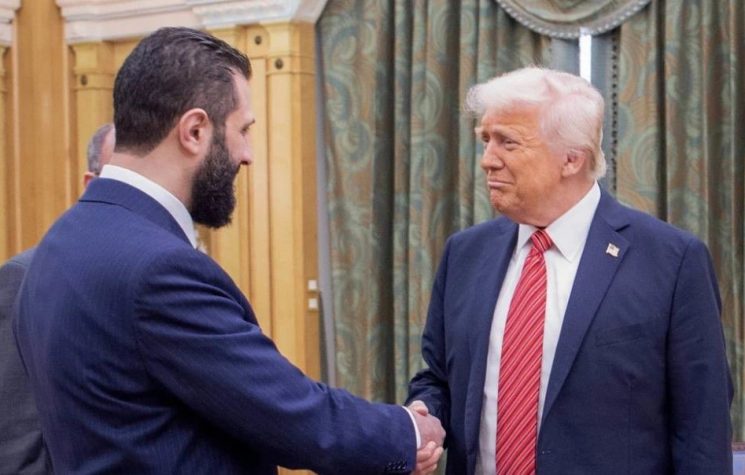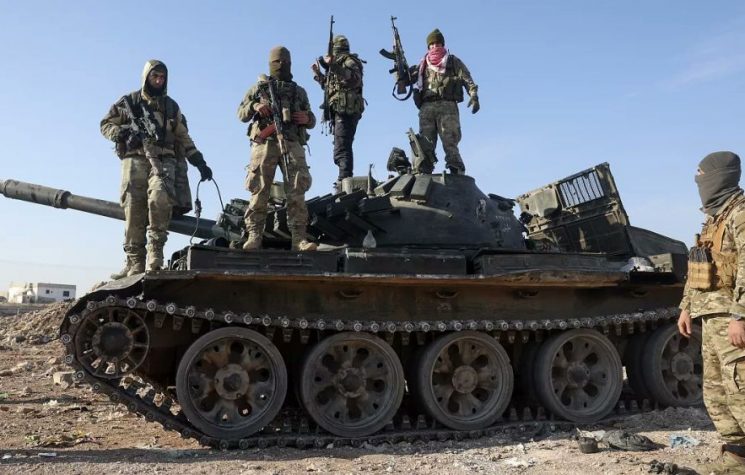Moscow took all possible measures to prevent the fall of Assad’s government, but local conditions played in favor of the terrorists’ advance.
Contact us: info@strategic-culture.su
You can follow Lucas on X (formerly Twitter) and Telegram.
Bashar Al Assad’s government has collapsed, and the Syrian Arab Republic no longer exists. Despite having some advantage over HTS terrorists (formerly the Al Nusra Front, a local branch of Al Qaeda), the Syrian Army failed to stop their advance, leading to the fall of the capital and a regime change. Thanks to Russian support, Assad and his family were spared, and the Syrian president has already been granted asylum in Moscow.
On social media, pro-Western propagandists and anti-Russian groups have been pushing the narrative that Assad’s defeat is “Russia’s fault.” Rumors about a supposed “deal” between Russia, Israel, and Turkey to allow Syria’s fall have been circulating, but these are baseless claims.
It is essential to understand that Assad’s downfall was the result of a coup, not a military defeat. Al Qaeda forces were suffering heavy losses on the battlefield, despite making some progress mainly due to the Syrian army’s strategic retreats. The Russian Aerospace Force was actively targeting terrorist positions, creating a favorable military situation for the legitimate Syrian government.
However, as reported, Assad was pressured into signing an agreement with the opposition to allow a “peaceful” regime transition. In exchange, he was granted the opportunity to leave the country and seek asylum in Moscow. The Syrian president likely did this to avoid a further civil war and to improve the lives of the Syrian people, but he was also under significant pressure from internal “allies.”
Days before Damascus fell, reports of tensions between Republican Guard officers and other military units had started to surface. Clearly, there was growing discontent and potential mutiny within the pro-government forces. The consistent retreat of Syrian troops, even when they held technical and numerical advantages, led some analysts to suspect sabotage by certain Syrian commanders.
It is important to remember that the economic crisis, foreign sanctions and the lack of satisfactory reforms had created precarious conditions in the Syrian army. Syrian generals had extremely low salaries, of just a few tens of dollars, which explains why they were easily co-opted by foreign powers.
There was a betrayal of Assad, but it came from within Syria itself, not from external allies like Russia or Iran. Several factors could explain this. Assad had recently begun to engage with Gulf powers, traditional rivals of Iran, who pressured Syria to reduce foreign military presence. Some Syrian generals supported this narrative, creating pressure that limited Assad’s ability to seek further Russian and Iranian assistance during the terrorist offensive.
Numerous videos have surfaced showing Syrian soldiers frustrated that they were prohibited from fighting. Ordinary soldiers were ready to defend the country against Al Qaeda, but their commanders ordered them not to engage. There is enough evidence to support the claim that the betrayal of Assad came from within the Syrian military, with possible connections to external actors, including Turkey and the Gulf states.
From Russia’s perspective, aside from its commitment to traditional allies, there were pragmatic reasons to protect Assad. A pro-Russian Syria prevented the construction of a Qatari-Turkish gas pipeline that could have supplied Europe. Additionally, Russian military bases in Syria allowed Moscow to secure a strategic foothold in the Mediterranean and maintain a balanced relationship with Turkey.
More importantly, Russia had security concerns. Al Qaeda fighters in Syria had received training from Ukrainian instructors and were equipped with Western weapons from aid packages to Kiev. The HTS also included a significant number of Salafist mercenaries from Central Asia. Russia faces significant security risks from terrorist infiltration among Central Asian immigrant groups, making the return of war experienced terrorists from Syria a serious concern.
It was not in Russia’s interest to allow these experienced terrorists to return to Central Asia, nor to see the Kiev regime benefit from military reinforcements from Wahhabi militias that had fought in Syria. Had Assad remained in power and defeated the terrorists, these risks would have been minimized.
Ultimately, Assad’s fall was due to the betrayal by his own generals. Russia did all it could to assist Syria, but the Syrian army itself was not engaged in the fight. The tragedy in Syria represents a victory for Russia’s geopolitical adversaries, which underlines the fact that Moscow did everything possible to prevent this outcome.




















